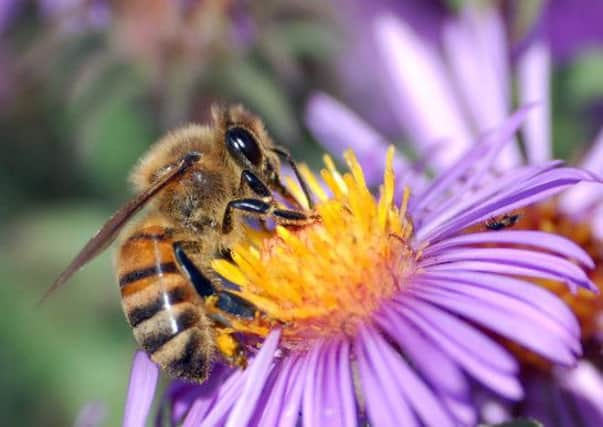DERBYSHIRE: Wildlife Trust welcomes pesticide ban to protect bees


The European Commission has placed a temporary suspension on dangerous insecticides called neonicotinoids. It is expected that the ban will come into effect from December and will restrict the use of the three most common neonicotinoids (Imidacloprid, Clothianidin and Thiamethoxam) on crops which are attractive to bees.
Tim Birch, Derbyshire Wildlife Trust’s Conservation Manager, said: “The EU’s ban on three neonicotinoid insecticides is extremely welcome. Whilst it provides some respite for our bees, we need more action to reverse the decline in bees and other vital pollinators.
Advertisement
Hide AdAdvertisement
Hide Ad“The continued opposition of the UK Government is very disappointing and of great concern to those of us who value the natural environment and its contribution to food production. Bees need all the help they can get, and we can all do our bit by making our gardens more bee-friendly.”
The European Commission will review the conditions of approval of the three neonicotinoids within the next two years to take into account relevant scientific and technical developments. In January, a report by the European Food Safety Authority identified a ‘high acute risk’ to honeybees from Imidacloprid, Clothianidin and Thiamethoxam, and an unknown risk to other pollinators such as bumblebees and hoverflies.